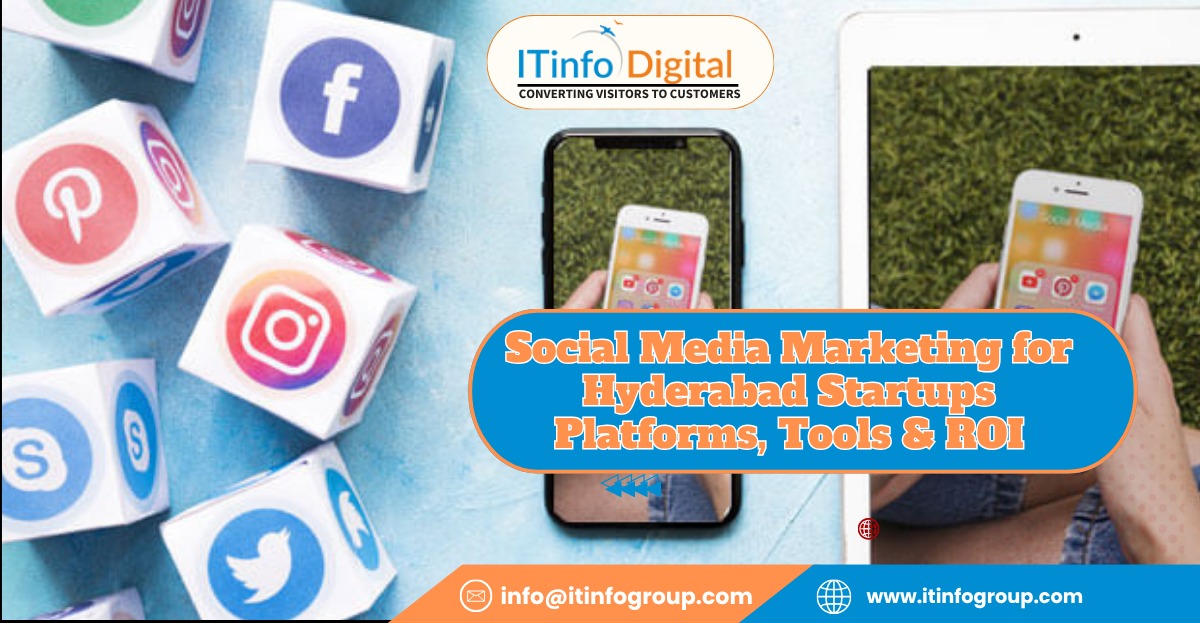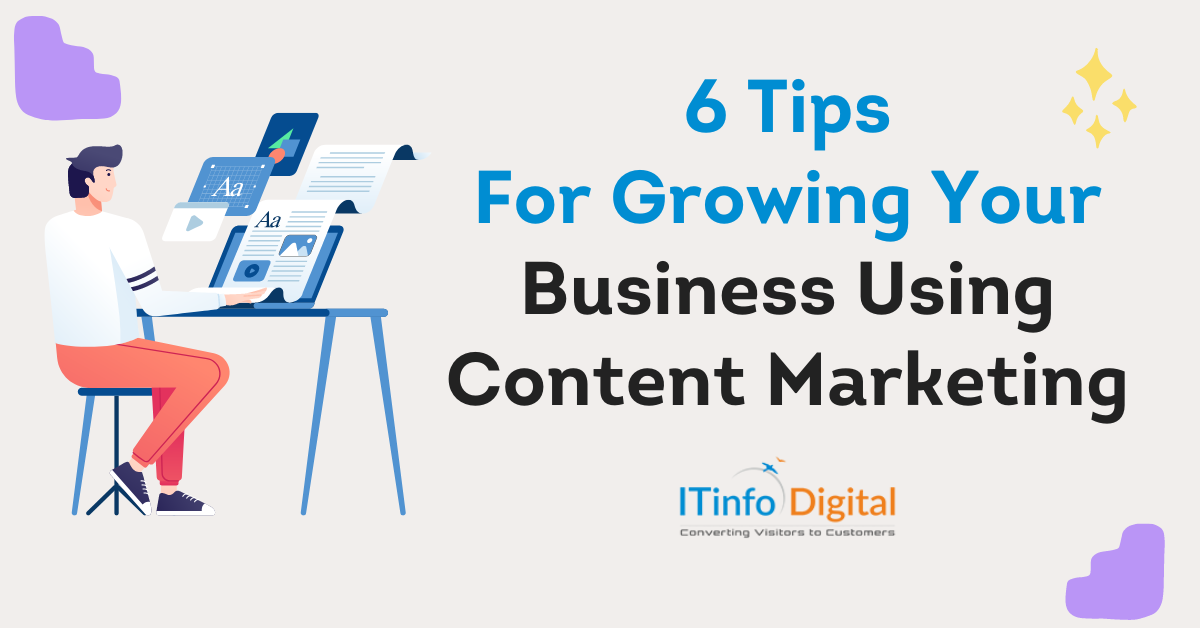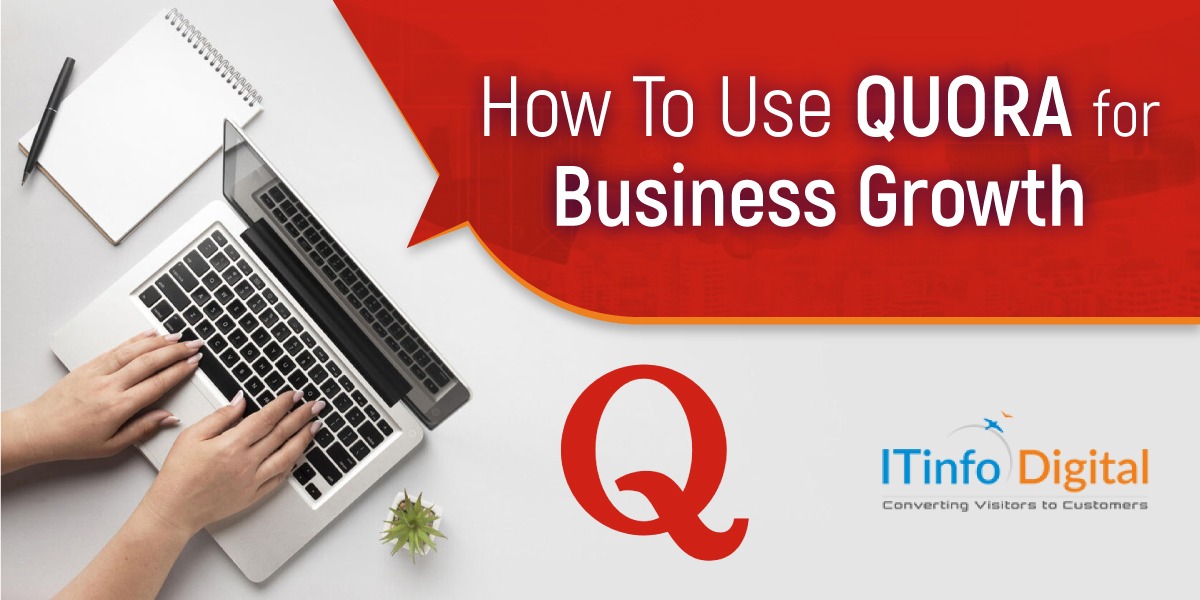Social Media Marketing for Hyderabad Startups: Platforms, Tools & ROI
Social Media Marketing for Hyderabad Startups: Platforms, Tools & ROI If you’re a startup founder in Hyderabad, you already know how competitive the local ecosystem is. From HITEC City to Madhapur, entrepreneurs are innovating fast and fighting hard for visibility. So how do you grow your brand, attract customers, and stand out—without exhausting your budget? […]













